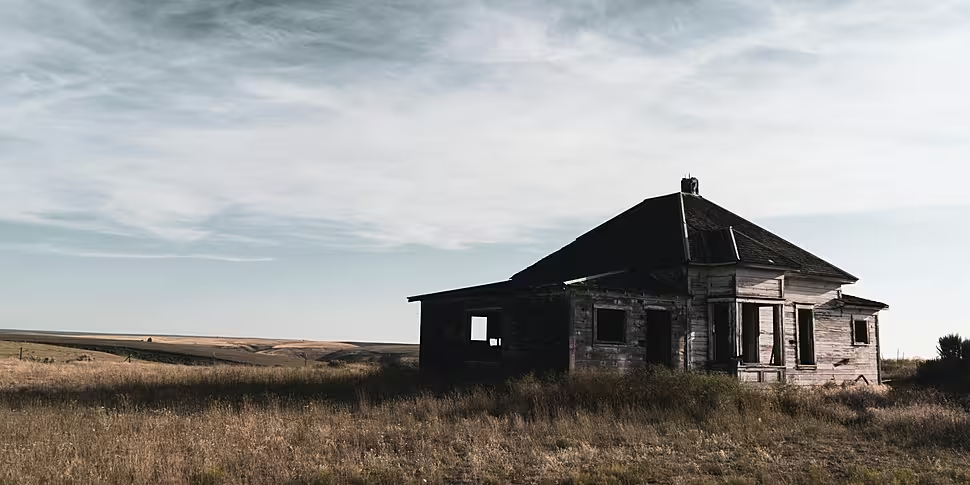An increased vacant property tax will “make no odds” without stricter rules around registering the properties, a Trinity law professor has warned.
The Social Democrats will today propose a motion to increase the Vacant Homes Tax from 0.3% to 10%.
The party says the current rate is “ineffective” and is only deepening the housing crisis further.
Assistant Professor of Law Dr Sarah Hamill told Newstalk Breakfast that an increased tax rate would only be effective with stricter legislation.
“There's no point in raising the rate if you're not going to make sure it's adequately enforced,” she said.
"Lax" rules
Dr Hamill said vacant property tax laws have been “clunky” ever since they were introduced – and suggested they purposefully omit holiday homes.
“The rules are relatively lax here - you have to occupy your property for more than 30 days for it to be classed as not vacant,” she said.
“That seems crafted to try and avoid certain holiday homes.”
Dr Hamill said some countries, such as several Canadian jurisdictions, state you have to live in a property for more than six months to classify it as non-vacant.
She suggested increasing the minimum stay and introducing a new “opt-out” system whereby all occupied homes must be declared to the local property tax office to avoid being taxed as vacant.
Trusting people
Dr Hamill said these changes “need to happen, instead of relying on people to be honest”.
“We let people do what they want but at the same time, a lot of our legislation in the Housing Law sector shows we just seem to trust people little bit too much,” she said.
She said laws around short-term lettings, for example, are getting stricter – so the Government should speed up the process across the housing sector.
“What we have is we have this sort of creeping strictness - so why not start a little bit stricter and save a little bit of time?”
Tax rates
Dr Hamill said 10% is a huge “jump” from 0.3% - but it is likely an increase that is needed.
She compared the tax to other taxes in the housing sector.
"If you look at what other jurisdictions have done, and if you look at the already existing vacant sites levy that we have in this jurisdiction, they're much higher,” she said.
“They're at least 3% [higher] Some they could potentially go as high as 5% or 7%.”









